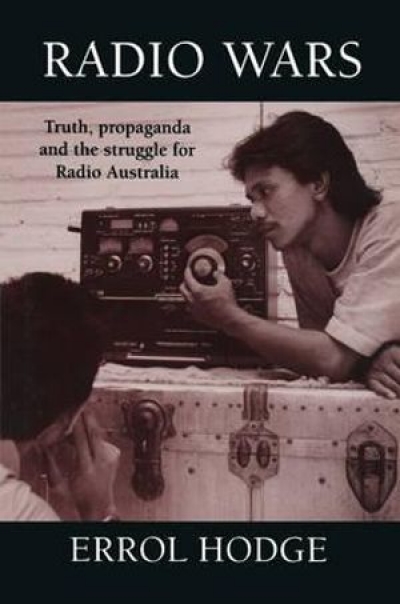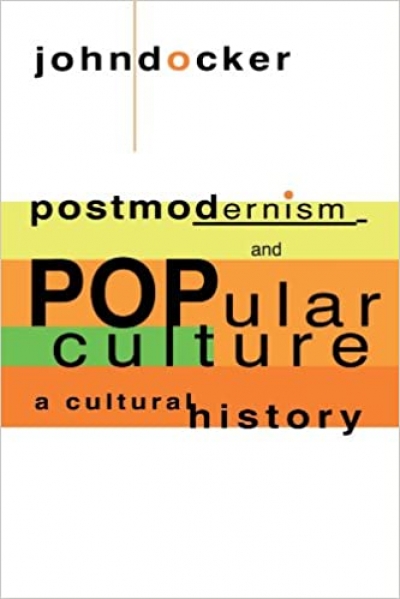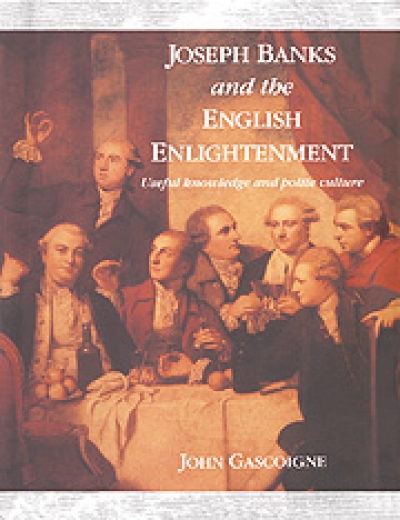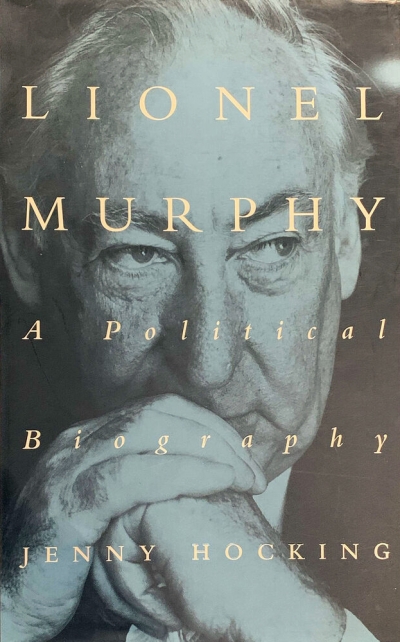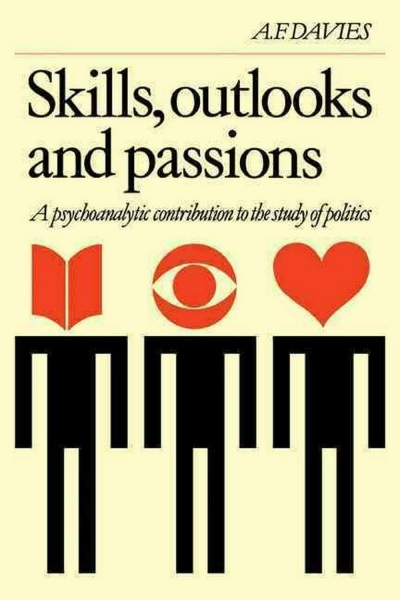Cambridge University Press
Radio Wars: Truth, propaganda and the struggle for radio Australia by Errol Hodge
by Joan Dugdale •
Postmodernism and Popular Culture: A cultural history by John Docker
by Don Anderson •
Joseph Banks and the English Enlightenment: Useful knowledge and polite culture by John Gascoigne
by Glyndwr Williams •

